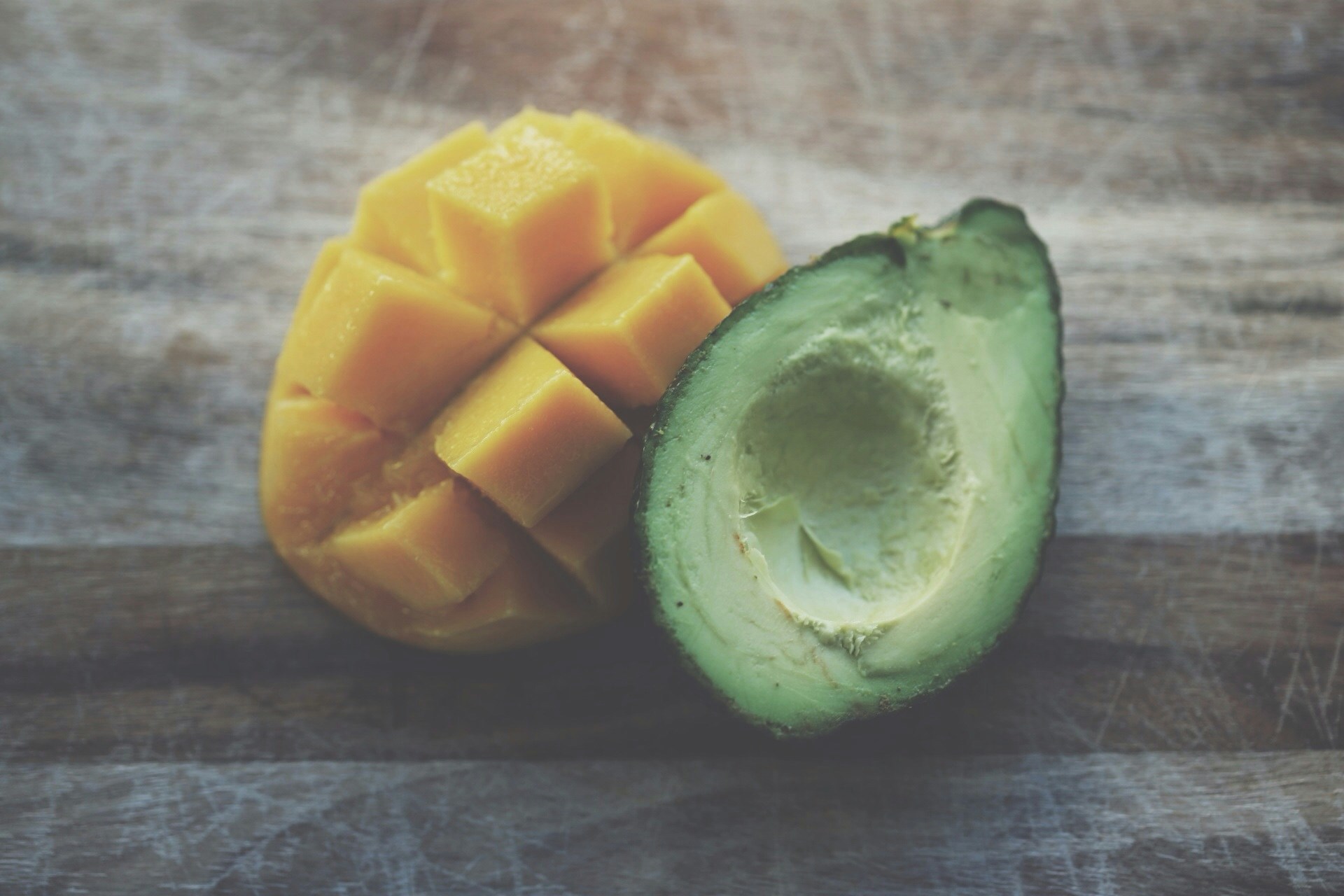Are you curious about how to maintain your cognitive sharpness as you age? You're not alone. Many people are eager to find effective ways to prevent cognitive decline, which can impact memory, thinking skills, and overall brain health. Fortunately, what you eat plays a crucial role in not only physical health but in preserving cognitive function as well.

Understanding Cognitive Decline
Before delving into dietary strategies, let's settle on a clear understanding of what cognitive decline actually means. Cognitive decline refers to a reduction in cognitive abilities, including memory, language skills, attention, and problem-solving capacities. Although it is a normal part of aging, the rate and extent can vary significantly between individuals. Factors such as genetics, lifestyle, and, importantly, diet can influence how you experience cognitive decline.
Risk Factors of Cognitive Decline
Although cognitive decline is associated with aging, several other risk factors can hasten its onset. Genetics play a critical role, as those with a family history of cognitive disorders may have a higher risk. Lifestyle factors, such as lack of physical activity, smoking, excessive alcohol consumption, and poor dietary choices, also contribute significantly to cognitive decline.
Understanding these risk factors reinforces the importance of making educated lifestyle and diet choices as preventive measures. Adjusting your diet may not reverse cognitive decline, but it can certainly slow down its progression and improve your quality of life.
The Role of Diet in Cognitive Health
Your brain requires a variety of nutrients to function optimally. Insufficient intake of these essential nutrients could lead to cognitive issues over time. By ensuring a balanced intake, you set the stage for maintaining cognitive vitality.
Nutrients to Focus On
Certain nutrients have been identified as particularly beneficial to brain health. These include:
- Omega-3 Fatty Acids: Found in fatty fish like salmon, these essential fats support cell membrane health in the brain.
- Antioxidants: Present in a wide array of fruits and vegetables, antioxidants counteract oxidative stress, a precursor to cognitive decline.
- B Vitamins: Including B6, B12, and folic acid, these vitamins help reduce levels of homocysteine, a compound linked to brain shrinkage and cognitive decline.
- Vitamin D: Essential for brain function, and emerging evidence suggests a link between Vitamin D deficiency and cognitive impairment.
- Polyphenols: Found in foods like berries and spices, polyphenols have anti-inflammatory properties, beneficial for brain health.
Dietary Patterns for Cognitive Health
Instead of focusing solely on individual nutrients, adopting specific dietary patterns may offer more comprehensive cognitive protection. Here are some of the most promising ones:
The Mediterranean Diet
Overview: The Mediterranean diet emphasizes consuming fruits, vegetables, whole grains, legumes, nuts, and olive oil, with moderate intake of fish, poultry, and red wine.
Benefits: Numerous studies link the Mediterranean diet with a reduced risk of cognitive decline. It provides a wealth of antioxidants, anti-inflammatory compounds, and healthy fats known to support brain health.
The DASH Diet
Overview: Originally designed to combat hypertension, the Dietary Approaches to Stop Hypertension (DASH) diet also offers cognitive benefits. It emphasizes whole foods, such as fruits, vegetables, lean proteins, and whole grains, while minimizing salt and processed foods.
Benefits: By reducing vascular risk factors, which are closely linked to cognitive decline, the DASH diet can help support cognitive health over time.
The MIND Diet
Overview: The MIND diet is a hybrid of the Mediterranean and DASH diets specifically designed to prevent cognitive decline. MIND stands for “Mediterranean-DASH Intervention for Neurodegenerative Delay.”
Benefits: Studies indicate that adherence to the MIND diet lowers the risk of Alzheimer's disease. It prioritizes foods beneficial for brain health, like berries, green leafy vegetables, and nuts.
Specific Foods to Incorporate
While adopting a healthy dietary pattern is critical, including certain brain-boosting foods in your diet can give you an extra edge. Consider these options for bolstering cognitive function:
Fatty Fish
Rich in omega-3 fatty acids, fatty fish like salmon, mackerel, and sardines improve neuronal membrane fluidity and function. They are also associated with a lower risk of Alzheimer's disease.
Berries
Berries, especially blueberries, are packed with antioxidants and have been shown to improve memory and cognitive function in some studies. Including strawberries, raspberries, and blackberries can provide a diversity of nutrients.
Nuts and Seeds
Sources of healthy fats, vitamins, and antioxidants, nuts like walnuts and almonds, and seeds such as flaxseeds and chia seeds, offer immense benefits for maintaining cognitive health.
Green Leafy Vegetables
Kale, spinach, and other leafy greens are rich in nutrients like folate, vitamin E, and vitamin K, which contribute to cognitive function and delayed cognitive aging.
Whole Grains
Whole grains such as oats, barley, and quinoa contain fiber, B vitamins, and antioxidants, which are essential for cognitive health and maintaining steady blood flow to the brain.
Legumes
Beans, lentils, and chickpeas are great sources of plant-based proteins, fiber, and essential vitamins and minerals that can have protective effects on brain health.
Foods to Avoid or Limit
While embracing foods that bolster cognitive function, it's equally important to know which ones to limit or avoid altogether:
Processed Foods and Sugars
Highly processed foods and those high in added sugars can cause inflammation and oxidative stress, both detrimental to brain health.
Red and Processed Meats
A diet high in red and processed meats has been linked to an increased risk of cognitive decline. Opt for lean protein sources like fish and poultry instead.
Excessive Alcohol
While moderate red wine consumption might offer some protective benefits, excessive alcohol intake can significantly impair cognitive function over time.
Unhealthy Fats
Trans fats, often found in pastries, margarine, and fried foods, are harmful to both heart and brain health and should be avoided.
Building a Balanced Diet for Cognitive Health
Creating a diet that supports cognitive health is more about balance than restriction. Here is a sample day to give you some inspiration:
| Meal | Food Items |
|---|---|
| Breakfast | Oatmeal topped with blueberries and walnuts, with a side of spinach |
| Snack | Greek yogurt with a sprinkle of chia seeds |
| Lunch | Grilled salmon salad with mixed greens, cherry tomatoes, and olive oil |
| Snack | A handful of almonds and an apple |
| Dinner | Quinoa and black bean bowl with sautéed kale and avocado |
| Dessert | Small serving of dark chocolate or a fruit salad |
Practical Tips for Everyday Life
Incorporating dietary recommendations effectively involves a few practical steps. Meal planning can go a long way in ensuring you stick to brain-friendly foods. Start with small changes, such as replacing snacks with fruits or nuts, and gradually eliminate unhealthy options from your diet.
Stay Hydrated
Dehydration can have an adverse effect on attention and memory. Ensure you're drinking adequate water throughout the day alongside a healthy diet.
Mindful Eating
Focus on eating mindfully, savoring your meals without distractions to enhance digestion and satisfaction, which are integral to maintaining a balanced diet.
Stay Social and Active
Combining dietary adjustments with social interactions and regular physical activities reinforces cognitive benefits. Engaging your brain through social activities and mental exercises is an excellent adjunct to a nutrient-rich diet.
Conclusion
Maintaining cognitive health requires a holistic approach, and diet stands as a cornerstone in preventing cognitive decline. By embracing a balanced intake of brain-boosting foods, aligning your meals with dietary patterns that emphasize nutrients essential for brain health, and steering clear of detrimental foods, you can support your brain's well-being over time. Remember, it's the combination of lifestyle modifications that makes the real difference. Making gradual, sustained changes in your diet can lead to a significant positive impact on cognitive longevity. Adjust your meals with these recommendations, and take proactive steps towards safeguarding your cognitive future.



